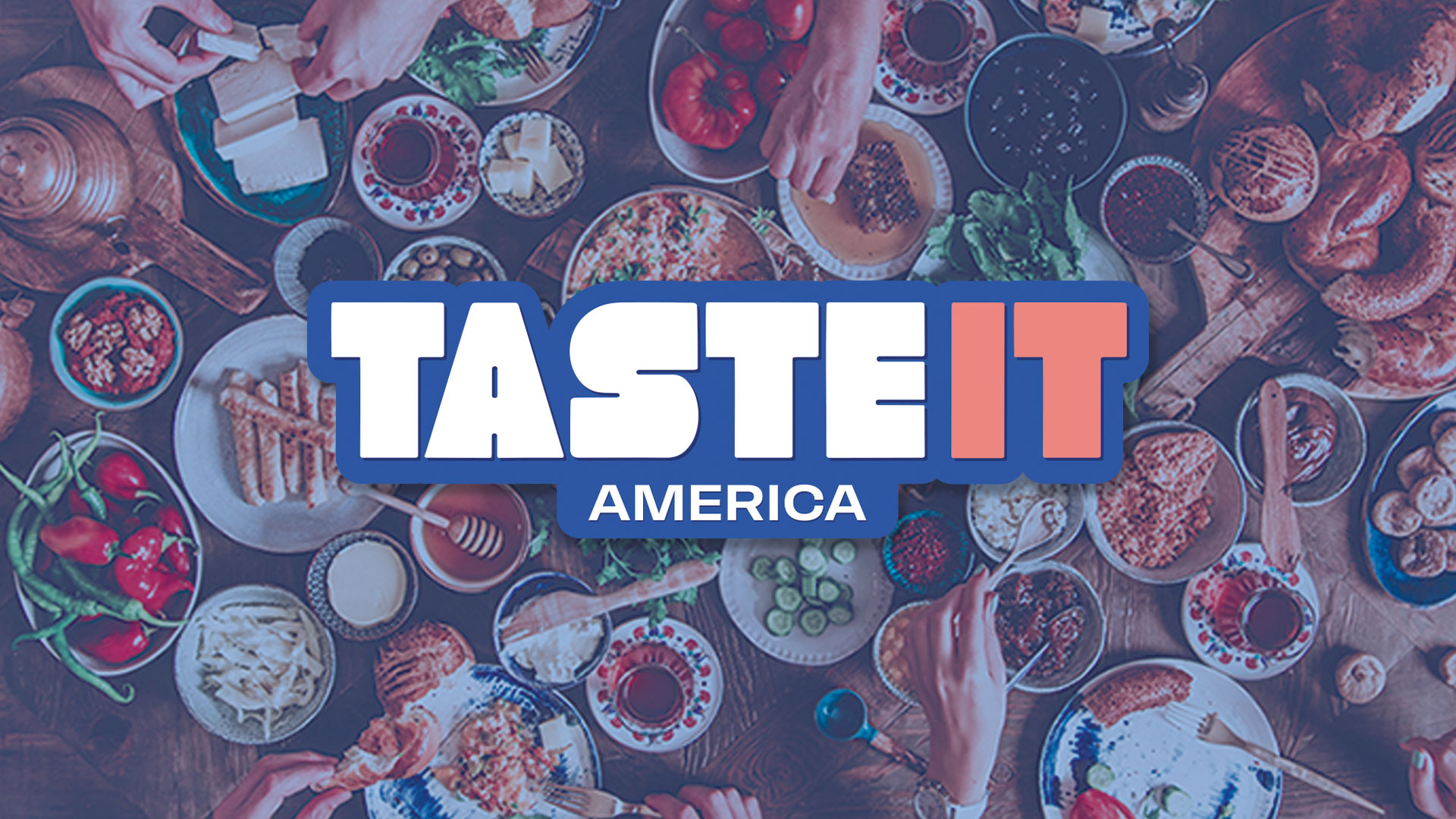A group of meat processing companies, directors, and managers have been fined for illegally altering exported tallow for profit, following an investigation by New Zealand Food Safety.
Tuakau Proteins, Taranaki By-Products, Wallace Proteins, Stephen Dahlenburg, Paul Drake, Glenn Smith, Glenninburg Holdings, and SBT Group, were sentenced on various charges under the Animal Products Act.
In a sentence released by Manukau District Court, the defendants were fined more than NZ $1.6 million (U.S. $1 million) in total.
Tallow is rendered from animal fat into a range of products, in this case it was for use in biofuels. Production is regulated under the Animal Products Act and exporters must meet domestic New Zealand standards with a Risk Management Programme (RMP) as well as the rules of importing countries.
Whistleblower information
The defendants mixed tallow with adulterants, including products containing unknown quantities of various fats and oils, said Vincent Arbuckle, New Zealand Food Safety deputy director general.
“The price of tallow is based on its free fatty acid level and the lower the level, the higher the price. By illegally adding other oils, the defendants were able to command a higher price by lowering the free fatty acid levels. Following a lengthy and complex investigation, food safety investigators found this offending was deliberate to maximize profits,” he said.
“While there was no food safety issue identified with the offending, people and organizations that deliberately try to get around the rules can damage New Zealand’s valuable trade reputation which has been built over generations by high quality exports and backed by our robust food safety system.”
The investigation began because of information from a whistleblower who notified New Zealand Food Safety that vegetable oil may have been blended with tallow for export.
“We followed up on the tip and the investigation broadened over time as investigators gathered evidence. They were eventually able to prove that several companies and individuals worked together to illegally export more than 8,000 tons of non-compliant tallow,” said Arbuckle.
“The result is a credit to the persistence and expertise of food safety investigators who stuck with what was a very complex case to bring the defendants before the courts. Their efforts send a strong message to those who would try to circumvent the rules for profit — we will pursue and prosecute.”
GrainCorp Liquid Terminals was also convicted for breaching its risk management program and being in possession for sale of animal product that was not processed in accordance with the Animal Products Act. GrainCorp Commodity Management was convicted for failing to carry out the duties of an exporter. These firms were not involved in producing adulterated tallow but were fined a total of NZ $258,000 (U.S. $154,500).
Outbreaks
Meanwhile, an outbreak of shigellosis was reported in March from South Canterbury district, according to the Institute of Environmental Science and Research.
It involved six people from the same household and another case who attended the same primary school as a child from this home. The index case was a toddler with no travel history, but other household members had recently returned from India. Sequencing showed that samples from the toddler and the non-household case were closely related.
Also, an outbreak of norovirus at an Auckland restaurant was reported in January. At least 25 people who ate at the restaurant between Jan. 26 and 31 became unwell with gastroenteritis. Norovirus was confirmed in samples from seven diners and two food handlers.
(To sign up for a free subscription to Food Safety News, click here.)

